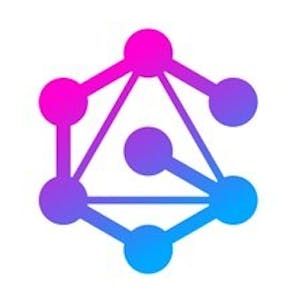156 min
Hands-On With SwiftUI, GraphQL, & Neo4j AuraDB
Workshop
Bring the power of graphs to iOS mobile app development in this hands-on workshop. We will explore how to use the Neo4j GraphQL Library to build GraphQL APIs backed by Neo4j AuraDB and how to integrate GraphQL into an iOS app using SwiftUI and the Apollo iOS GraphQL library as we build a news reader mobile app.
Table of contents:- Intro to Neo4j AuraDB- Building GraphQL APIs with the Neo4j GraphQL Library- Intro to SwiftUI- SwiftUI + GraphQL
PrerequisitesTo follow along during the workshop attendees will need a Mac laptop with a recent version of Xcode installed. Some familiarity with Swift and iOS app development will be helpful, although not required.
Table of contents:- Intro to Neo4j AuraDB- Building GraphQL APIs with the Neo4j GraphQL Library- Intro to SwiftUI- SwiftUI + GraphQL
PrerequisitesTo follow along during the workshop attendees will need a Mac laptop with a recent version of Xcode installed. Some familiarity with Swift and iOS app development will be helpful, although not required.





